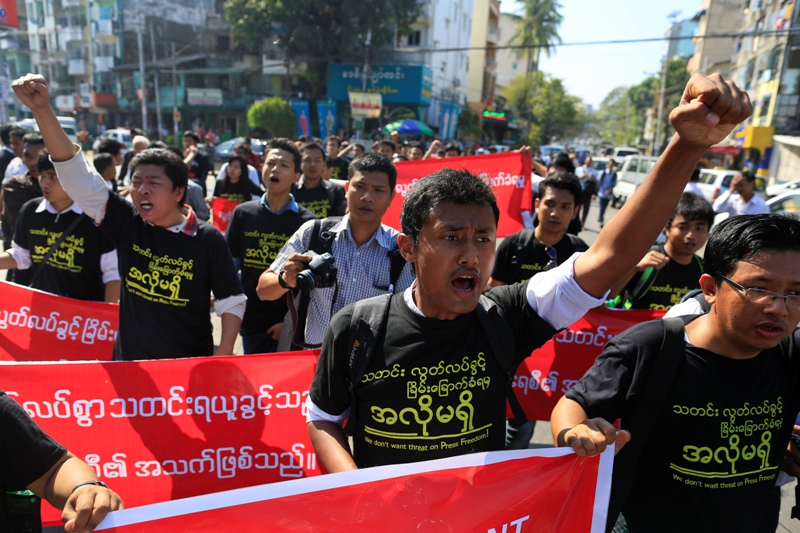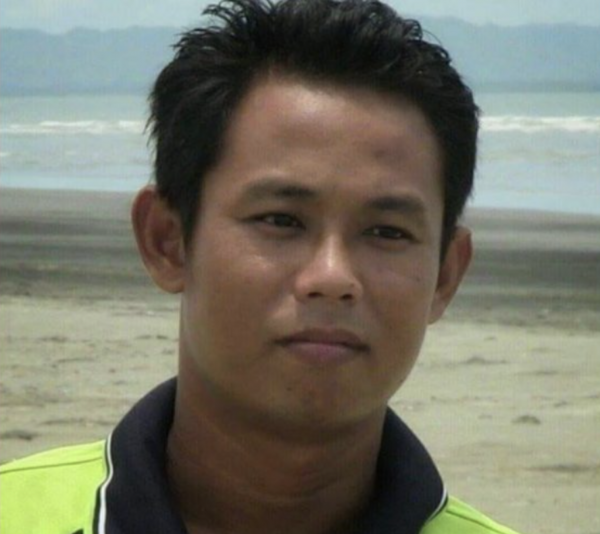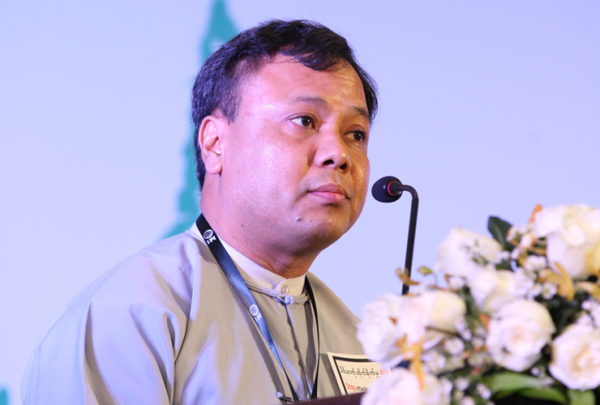The International Press Institute (IPI) has called on Myanmar to thoroughly investigate the recent death of a journalist at the hands of the military and to release five staffers from a weekly newspaper sentenced to seven years behind bars.
IPI Executive Director Alison Bethel McKenzie in an open letter urged Myanmar Attorney General Dr. Tun Shin to ensure that an investigation being conducted in connection with the death of journalist Aung Naing is speedy and transparent. She also called for the release of five imprisoned Unity Weekly staff members who were arrested in January and convicted in July on charges of violating the country’s Official Secrets Act.
Naing was reportedly killed while in military custody on Oct. 4 after being arrested in Mon state at the end of September while covering violent clashes in the region between Myanmar’s military forces and an armed rebel group. Military authorities’ assertion that Naing was arrested as a member of the rebel force and shot as he tried to escape sparked outcry from activists, Naing’s family and the media community in Myanmar.
President U Thein Sein ordered an investigation and Naing’s body last week was exhumed and sent for examination. Early reports indicated that Naing may have been tortured while in military custody.
The letter also addresses the case of four Unity Weekly journalists and the newspaper’s CEO whose convictions stem from their reporting on a secret factory that was allegedly designed to manufacture chemical weapons. After an appeal, their sentences were reduced from 10 to seven years in prison.
Bethel McKenzie raised the issue of the Unity Weekly journalists’ imprisonment with Myanmar’s information minister and presidential advisor, U Ye Htut, during a visit to Myanmar in August. The minister, however, told delegates during a meeting in Naypyidaw: “The president says that as long as they are in court, he cannot intervene.” U Ye Htut said that the president will consider his involvement in the fate of the four Unity Weekly journalists and its CEO after they have exhausted the appeals process.
H.E. Dr. Tun Shin
Attorney General of the Union of the Republic of Myanmar
Union Attorney General’s Office
Building 25, Nay Pyi Taw, Myanmar
Re: Death of journalist Aung Naing and imprisonment of Unity Weekly staff members
Vienna, November 11, 2014
Dear Dr. Shin,
On behalf of the Vienna-based International Press Institute (IPI), the world’s oldest global press freedom organisation, I write to express concern regarding two recent incidents in Myanmar: the murder of Aung Naing while in military custody and the imprisonment of four journalists and a media CEO in connection with an article published in January in the Unity Weekly newspaper.
IPI is a global network of editors, media executives and leading journalists in 120 countries dedicated to furthering and safeguarding press freedom, promoting the free flow of news and information, and improving the practices of journalism.
We are pleased to learn that the current administration has opened an investigation into Aung Naing’s death, and respectfully urge you to ensure that the investigation is swift, transparent and thorough; that its results are shared with the public; and that anyone found to have committed any human rights violation is held accountable.
We are also troubled by the continuing imprisonment of Unity Weekly CEO U Tin Hsan and journalists U Lu Maw Naing (aka) Lin Kyaw Oo (aka) Lu Maw; U Sithu Soe; U The Yazar Oo (aka) Yazar Oo (aka) Ko The; and U Aung Thura (aka) Paing Thet Kyaw. As you know, they were detained in connection with a report in Unity alleging that Defence Product Factory No. 24 in Pauk Township, Magwe Region, which was built in 2009, was designed to manufacture chemical weapons.
These individuals were sentenced in July to 10 years imprisonment at hard labour for allegedly trespassing and taking photographs in a restricted area during the course of their investigation. On appeal, the Magwe Region High Court upheld their convictions, but reduced their term of imprisonment to seven years.
While we welcome the reduction in sentence, we believe that seven years in prison remains a disproportionate response to the charges. We believe that the 1923 Official Secrets Act, under which these individuals were convicted, should be interpreted in a way that protects the need to disseminate information that is in the public interest.
Journalists serve an important role in protecting the proper functioning of democracy by scrutinizing the professional behaviour of public officials and governments. The Unity Weekly journalists should have been allowed to assert this principle as a valid defence to the charges brought against them in this case. Instead, they have been punished for exposing information that the public has a right to know. Typically, this type of legal prosecution creates a chilling effect that intimidates reporters and prevents them from providing an invaluable public service to citizens who have put their trust in the current administration.
In light of the current presidential administration’s commitment to a free and independent media as “The Fourth Estate” in Myanmar, IPI respectfully urges you to do everything in your power to ensure a strong protection of the coverage of issues of public interest in Myanmar.
Yours sincerely,
Alison Bethel McKenzie
Executive Director
The International Press Institute (IPI)



